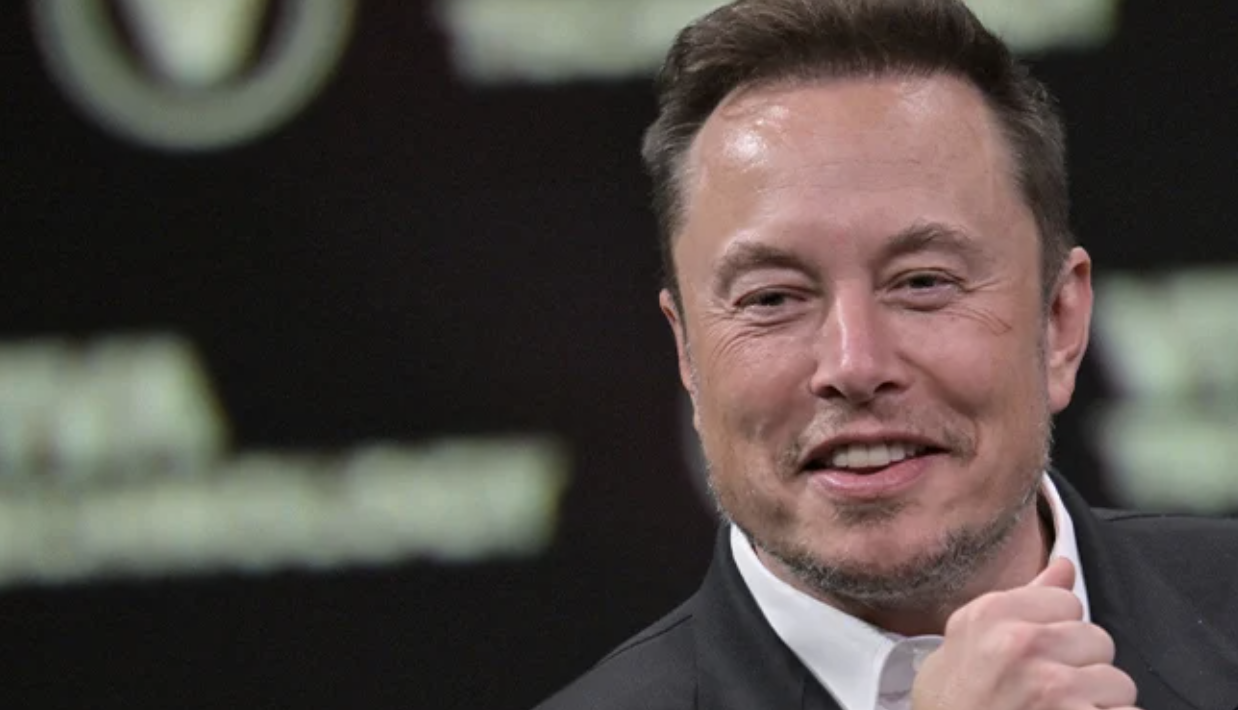Pennsylvania’s Democratic Governor Criticizes Elon Musk's Election Giveaway, Urges Law Enforcement Investigation

A prominent Democrat has voiced concerns over Elon Musk's daily million-dollar giveaway.
Musk recently announced that registered voters in several key swing states—critical in the presidential race—are eligible for a $1 million prize if they sign a petition on his America PAC website, according to Fox News.
The petition states that signers are “in favor of free speech and the right to bear arms.” Notably, there is no requirement to actually vote; participants only need to be registered voters to qualify for the cash prize.
Pennsylvania’s Democratic Governor Josh Shapiro expressed that the initiative appeared "illegal," according to NBC News.
Shapiro described the proposal as "deeply concerning" and suggested it might be "something that law enforcement could take a look at."
"Musk obviously has a right to be able to express his views. He’s made it very, very clear that he supports Donald Trump. I don’t. Obviously, we have a difference of opinion,” Shapiro stated.
“I don’t deny him that right, but when you start flowing this kind of money into politics, I think it raises serious questions,” he added.
Musk responded on X (formerly Twitter) with a post, stating, "Concerning that he would say such a thing."
Concerning that he would say such a thing https://t.co/BBbH6gjUPP
— Elon Musk (@elonmusk) October 20, 2024
While Musk's financial efforts are substantial, money has been circulating heavily this election cycle.
For instance, the Civic Center is offering $150 gift cards to schools participating in High School Voter Registration Week.
Regarding money's influence in politics, Vice President Kamala Harris has raised over $1 billion for her campaign, as reported by CNN.
As of October 1, Harris had $346 million in her war chest, compared to $285 million for former President Donald Trump.
— Elon Musk (@elonmusk) October 20, 2024
However, Musk’s involvement, coupled with his ties to Trump and the sizable sums of money, prompted Rick Hasen, director of the Safeguarding Democracy Project and an election law expert for NBC News, to criticize Musk's plan.
Hasen labeled the payments as "clearly illegal," citing federal laws that prohibit offering money in exchange for voter registration or voting.
"Essentially what you’re doing is you are creating a lottery. You’re creating a lottery where the only people eligible to participate are people who register to vote or are registered to vote, and that’s illegal," Hasen argued.